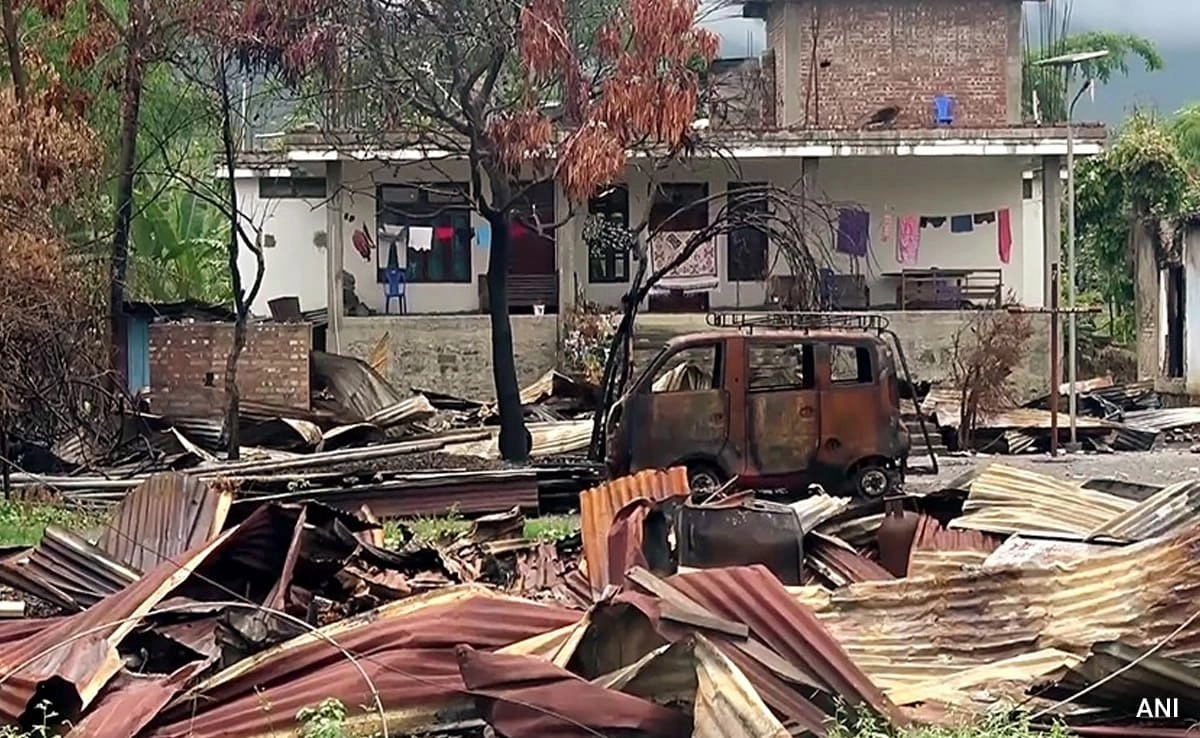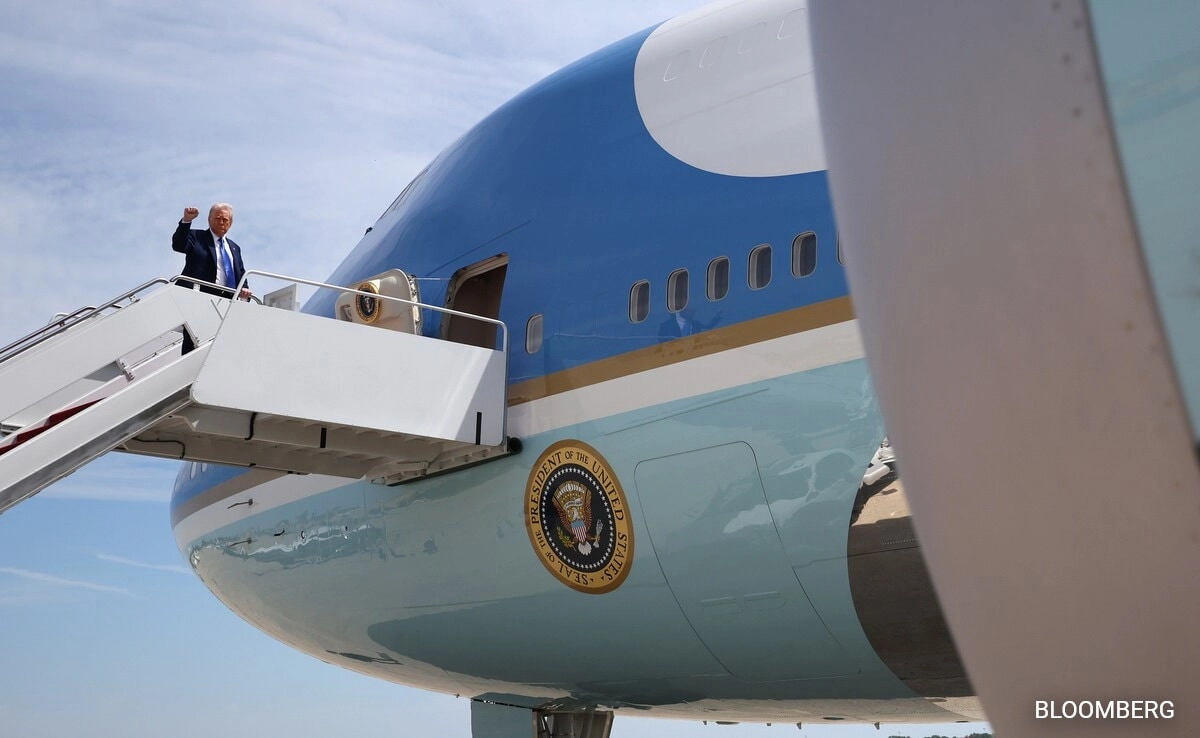A rights group and the former Chief Minister of Manipur have raised significant concerns regarding a recently published report on the ongoing ethnic violence in the region, claiming it to be biased. The report, which was intended to provide an objective analysis of the situation, has been criticized for allegedly favoring one side over the other, thereby undermining the complexities of the conflict in Manipur. This perceived partiality has prompted both the rights group and the former Chief Minister to call for legal action against the authors of the report, asserting that it misrepresents the reality on the ground and exacerbates existing tensions among the affected communities.
The ethnic violence in Manipur has been fueled by long-standing issues related to identity, land rights, and political representation, leading to clashes between different groups. Stakeholders argue that any analysis of the situation must take into account the historical grievances and socio-political dynamics that contribute to the unrest. By presenting a skewed narrative, the critics of the report contend that it risks further polarizing the communities involved and could hinder efforts to achieve a peaceful resolution. They emphasize the need for a more balanced approach to reporting, one that accurately reflects the realities faced by all parties involved in the conflict.
In light of these concerns, the rights group and the former Chief Minister are advocating for a thorough investigation into the report’s findings and methodology. They argue that transparency and accountability are crucial in addressing the root causes of the violence and in fostering dialogue between the conflicting parties. Legal action, they believe, is necessary not only to rectify the potentially harmful implications of the report but also to ensure that credible voices are heard in the discourse surrounding Manipur’s ethnic tensions. This situation underscores the importance of responsible journalism and the role it plays in shaping public perception and policy in conflict-affected regions.
As the situation in Manipur continues to evolve, it remains imperative for stakeholders, including the media, to approach the reporting of ethnic violence with nuance and sensitivity. The call for legal action serves as a reminder of the responsibilities that come with documenting such complex issues. A balanced portrayal can facilitate understanding and empathy among differing communities, fostering an environment conducive to reconciliation and peace-building. The challenges faced by Manipur are emblematic of broader issues that affect many regions grappling with ethnic strife and conflict, highlighting the need for informed and fair discourse in the quest for resolution and harmony.




